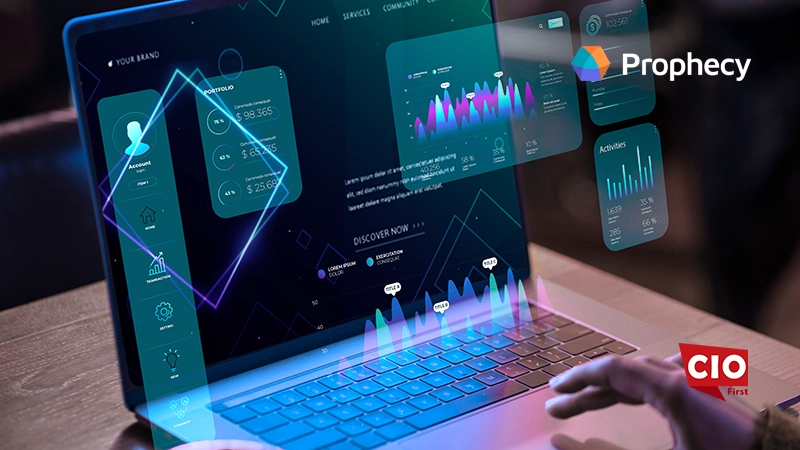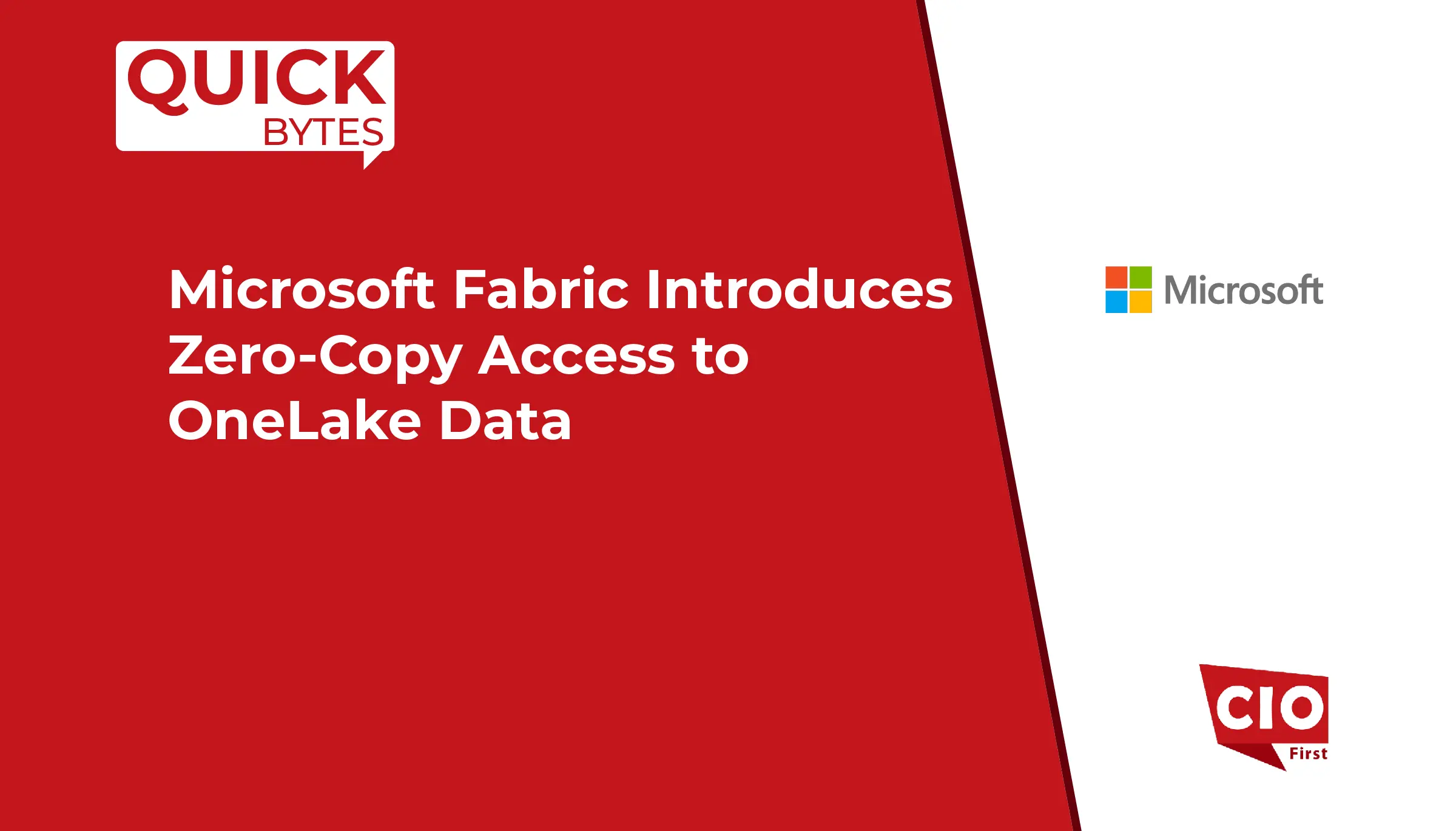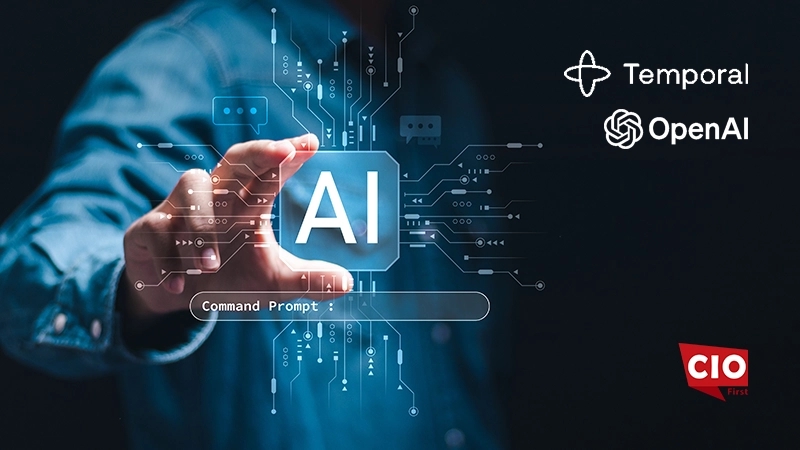Temporal Technologies, the open-source and cloud-based leader in Durable Execution, is launching a new integration with the OpenAI Agents SDK: a provider-agnostic framework for building and running multi-agent LLM workflows.
Developed in collaboration with OpenAI, the integration brings out-of-the-box orchestration and resilience to agentic systems, allowing engineering teams to move agents into production faster and with greater reliability. The integration is now available in public-preview for the Temporal Python SDK. It maintains compatibility with the OpenAI Agents SDK’s model-agnostic design, which allows developers to choose their preferred LLM provider without vendor lock-in.
To take advantage of the integration, developers can add Temporal code to their existing agents built with OpenAI’s framework, or start from zero and achieve production-readiness with little more than the definition and orchestration of agents. This brings Temporal’s Durable Execution model directly into the agent orchestration layer, and eliminates the need for custom state machines or orchestration scaffolding.
“A lot of teams are experimenting with AI agents right now, but running them reliably in production is still a major challenge,” said Maxim Fateev, co-founder and CTO of Temporal. “You have to think about state, retries, and coordination. These aren’t easy to get right at scale. This integration makes it easier for developers to go from prototype to production without rebuilding their architecture.”
Also Read: Pendo Opens Australia Data Center to Serve Growing APAC Customer Base
Developers using the OpenAI Agents SDK can now leverage Temporal’s powerful capabilities built for production-grade AI agents. These capabilities provide:
- Persistent state for long-running or multi-step agents, reducing reliance on external data stores and complex, time-intensive orchestration code
- Built-in retries and fault recovery across APIs, infrastructure, or human steps, improving agent reliability and the end-user experience
- Horizontal scalability for high-volume agent execution, preventing performance bottlenecks
- End-to-end observability for monitoring, debugging, and audit trails, letting developers fix production issues more quickly
- Ability to preserve tokens and save money because workflows recover from the point of failure instead of rerunning LLMs to get back lost content
These capabilities help teams move agents into production faster with greater efficiency. In a fast-moving AI landscape, reducing orchestration overhead and development friction is critical to staying competitive. With built-in reliability and end-to-end visibility, teams can scale agentic systems with more confidence and less complexity, leading to better performance, faster iteration, and a stronger customer experience.
Source: BusinessWire



























